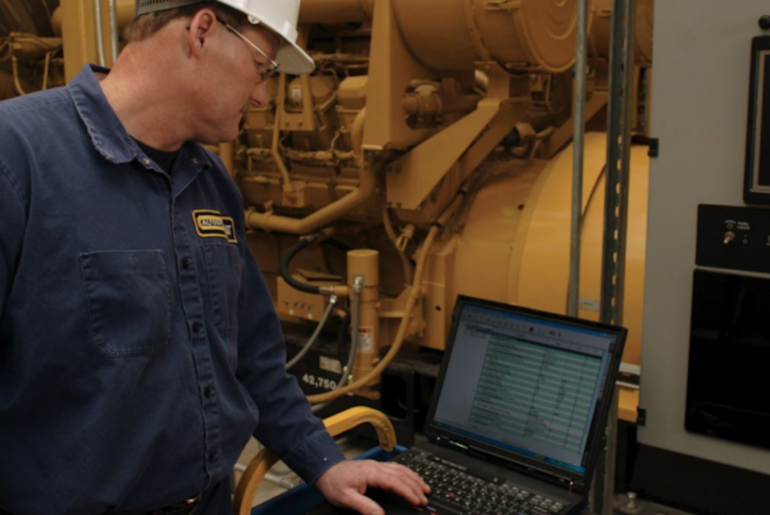Various industries and businesses require generators to run their daily operations in the event of a power failure or electricity absence. Without them, infrastructure projects, outdoor events, and construction sites would stop their operations. That’s why every business owner needs to purchase one from https://www.bellwoodrewinds.co.uk/diesel-generators/.
If you don’t purchase it from a reputable vendor, it may end up failing and cost your business additional and planned expenses, spoiled products, lost production, and delayed deliveries.
Here are some things you want to consider before buying a diesel generator:
1. Size
The size of a generator affects its inrush currents. All electric motors require these currents to start and operate machinery. You need to buy a generator with an excellent current load if you want your operations to run successfully. Suitable high-efficiency generators have about 12 times a transformer’s full current load.
To determine a good generator’s full load, you can use a transformer and motor to start kVA requirements. However, this approach may skew results because the motor-running load also relies on other factors to operate. Such factors include variable frequency drives and harmonics.
The best way to know a generator’s size is by using auxiliary winding or a permanent magnet. These techniques give the generator a 3x nominal current covering electrical motor inrush peaks for 10 seconds if a residuary excitation current is used. Other advanced generators even have an automatic voltage regulator that can handle high inrush currents that starting transformers and motors bring. Through this application, an operator can also downsize the generator’s requirements.
2. Cost
Before buying your preferred generator, you need to know the inherent costs, load requirements, and the amount you’d pay in case of a failure. It would help if you bought a generator that you can afford to maintain. However, it’s also vital to be careful when purchasing cheaper generators because they may break down easily and cost you more in the future.
Consider purchasing generators with readily available spare parts and extended warranties. It’s also not supposed to be too complicated for your local service contractors to examine and repair when it breaks down.
3. Fuel Efficiency
Fuel is the life of the generator. Without it, your generator won’t operate. You need to purchase a generator whose fuel you can afford to finance. Latest innovations and designs have led to improvements in the manufacturing of generators. Today, generators use less fuel than those invented ten years ago. That makes them run longer and be economical.
Asking a few manufacturers about a generator’s fuel consumption can help you make the right investment. A generator with effective modularity is fuel-efficient. For example, three 325 kVA generators in your industry will consume about 1.56 liters of fuel daily, compared to having one MVA generator that consumes about 1.68 liters of fuel.
If you like variety, you can opt for generators that use natural gas or biogas. However, this technology is still emerging and may not be worth the risk unless a reputable manufacturer recommends it.
Conclusion
When selecting a generator for powering your applications, it’s essential to be open-minded. Don’t just look at one factor alone, but consider all the three factors to help you land on the right type.

